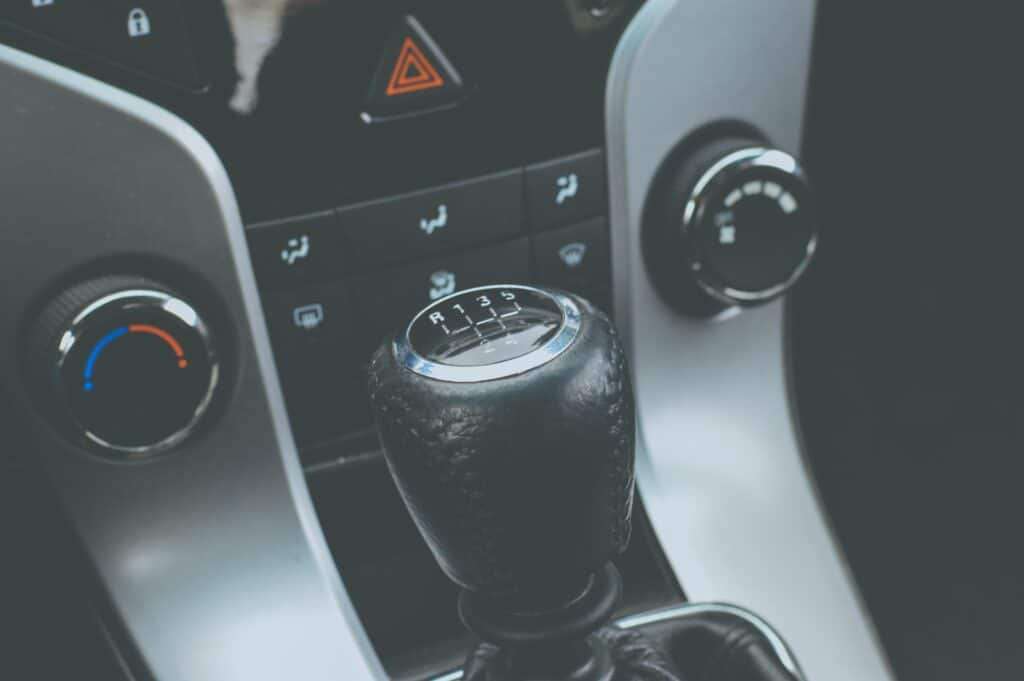5 Ways to Care For Your Transmission
The transmission is an essential part of any vehicle. Although a car won’t go anywhere without an engine, the transmission is the proverbial “linchpin.” Your car’s transmission is a more complex version of the chain and sprocket system on a bicycle.
Since combustion in your car’s engine is no more than “controlled explosions,” transmissions help regulate how much mechanical energy is delivered to your vehicle’s crankshaft while keeping the engine running at a controlled rate. This also allows the driver greater control when starting and stopping or speeding up and slowing down.
Read on to learn how to take care of this important part of your vehicle.
What Are the Best Ways to Take Care of Your Transmission?
There are many ways to take care of your transmission but here are the 5 most important.
- Schedule routine engine tune-ups
- Plan regular maintenance checks
- Flush transmission fluid
- Use proper shifting habits
- Utilize parking brake when parked on a hill
1. Scheduling Engine Tune-ups
Your car’s engine and transmission are made to work harmoniously. If either one is slightly off sync, it will create excess stress on both parts. The pistons inside your engine’s cylinders are designed to fire at a certain rate. Their rate of fire works hand-in-hand with your transmission. Regular tune-ups are necessary to keep your engine in tune. Failure to keep up with engine maintenance will cause issues for both your engine and your transmission.
2. Plan Regular Maintenance Checks
Depending on how often you drive your vehicle, a good rule of thumb is to have your transmission checked at least once per year. Preventative maintenance is much easier than only bringing your vehicle in when there’s a problem. It can save you thousands of dollars in repair costs. If you can catch an issue with your car early, you can spare yourself a future headache. Set a reminder to bring your vehicle into a professional auto shop each year.
3. Flush Transmission Fluid
When you bring your vehicle in for a maintenance check, the auto repair technician will be able to determine if you need your fluid flushed. Flushes are important because they prevent your transmission’s hydraulic lines from clogging. Not only will this increase its lifespan, but it will also increase your car’s fuel efficiency, resulting in a better overall driving experience.
4. Use Proper Shifting Habits
Good shifting habits not only apply to manual transmissions, but they also apply to automatic transmissions. When you are reversing your vehicle, it’s important to come to a complete stop before shifting the car into drive. If you are still moving while shifting to drive, it will put unnecessary stress on your it.

When driving a manual, it’s crucial to use the clutch properly when shifting. Grinding gears from improper clutch usage or shifting at the wrong time will cause significant damage to your transmission.
5. Use Your Parking Brake When You Park on a Hill

Lastly, when parking on an incline or decline, you should get in the habit of setting your parking brake before shifting the vehicle into park. This will distribute the weight of the vehicle onto the brakes as opposed to the gears of the transmission. Some newer vehicles will automatically set the parking brake for you if the grade is over a set threshold. Again, this one simple habit will help you maximize the life and health of your transmission.
City Auto Repair is Gainesville, FL’s Transmission Expert
It’s essential to protect your transmission and keep up with regular maintenance. At City Auto Repair, we’ve got you covered! If you live in Gainesville, FL, or the surrounding areas, reach out to us today to schedule an appointment for transmission maintenance or repair services!
